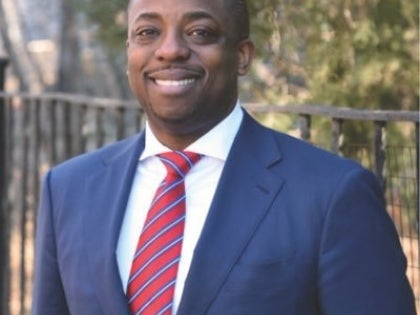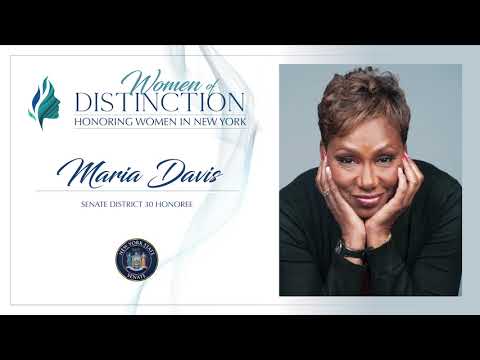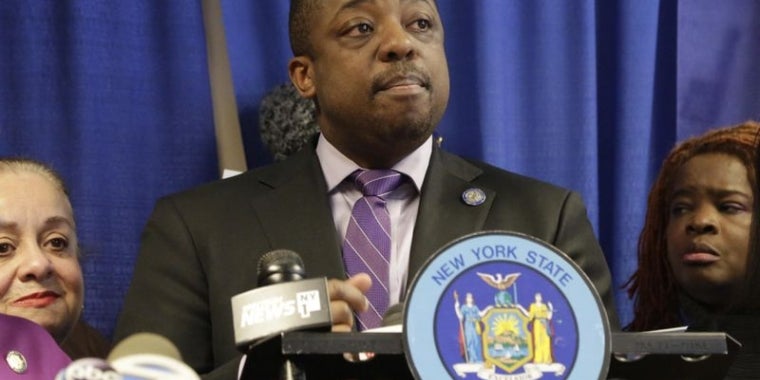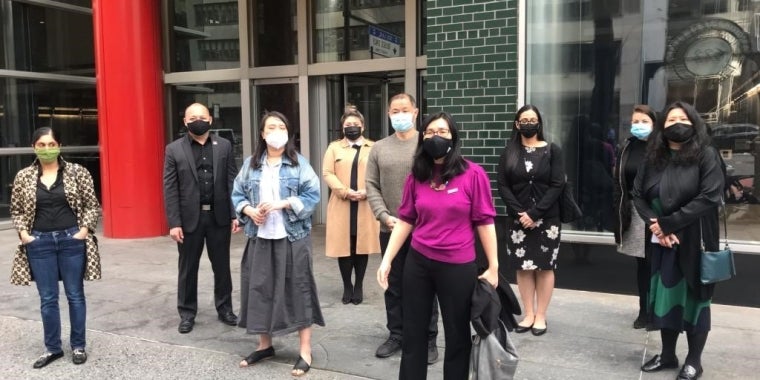
Harlem Scuffle: Battle Brews Over Rebranding South Harlem As SoHa

NEW YORK (CBSNewYork) — What’s in a name and who gets to decide?
A battle is brewing between brokers and some residents, activists and lawmakers over what to call a section of Harlem.
Political leaders, activists and citizens of Harlem gathered in front of the historic Apollo Theater on Monday, pushing back on an idea to rebrand a part of the neighborhood as SoHa, short for South Harlem, CBS2’s Scott Rapoport reported.
“Give me a break, we don’t need this,” former New York Gov. David Paterson.
“Harlem is not just a neighborhood, it is a personality,” Rep. Adriano Espaillat said.
Some businesses and realtors have already started the rebranding effort which would cover the area from 110th street to 125th street. The controversial acronym is already visible some places.
It is an idea that does not sit well with many who see Harlem as the black capital of America and any attempt to change the name as insulting and demeaning.
“It’s history, it’s culture, it’s the importance of having one community,” former borough president Virginia Fields said.
“I think they should leave it the way it is, I wouldn’t want them to change any name of any neighborhood in New York that’s been here for many years before the developers, before all these new buildings went up,” one man said.
But there are those who feel differently.
“I think it’s cool. Why not? I mean, we’re up-and-coming,” East Harlem resident Ebony Vanduyne said.
The rebranding is not a particularly new idea.
Other places dubbed NoLIta and NoHo and DUMBO will tell you that, but there is concern that a rebranding to SoHa could lead to more high-end development and high-priced housing ultimately resulting in some black residents being pushed out.
“We need the community to decide what its name is. Not real estate brokers and people who just show up overnight to try to make a buck of our neighborhood and our heritage and our legacy,” Sen. Brian Benjamin said.
Espaillat said that he is presenting a special resolution in Congress “that will establish Harlem and the greater Harlem area permanently as Harlem.”



